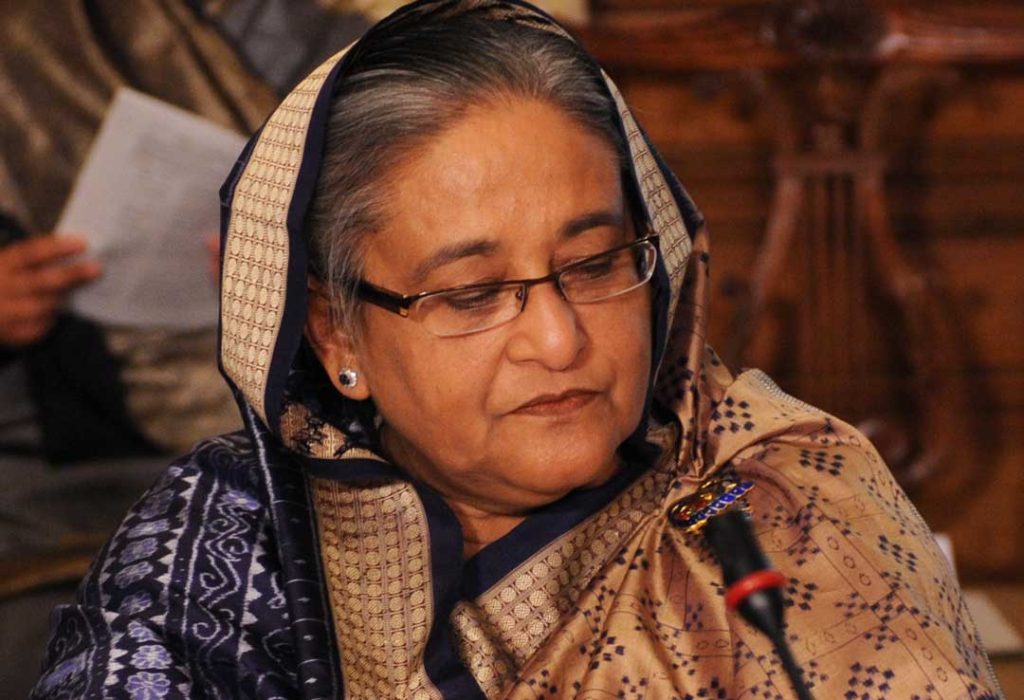
Bangladesh’s interim government has formally requested India to extradite former Prime Minister Sheikh Hasina back to her home country to face trial.
The request, conveyed through a note verbale, arrives amidst heightened political tension following Hasina’s ouster in August after widespread student-led protests.
The formal request for extradition was acknowledged by India’s Ministry of External Affairs, which offered no immediate comment on the matter, stating only that they had received the note verbale.
Ms. Hasina has been living in New Delhi since she left Bangladesh, a situation that has already strained relations between the two neighbors. Her presence in India has been contentious, with Bangladesh’s authorities pushing for her return to answer for alleged charges of crimes against humanity and genocide, claims she has vehemently denied.
The interim government in Bangladesh has been vocal about its intentions. Mr. Muhammad Yunus has said that if India doesn’t respond within a ‘natural time,’ Bangladesh will escalate its diplomatic efforts.
How could India respond?
The extradition treaty between India and Bangladesh, signed in 2013 and amended in 2016, provides the legal framework for such a request.
However, the treaty includes provisions for refusing extradition if the alleged crime is considered of a ‘political nature,’ which could significantly influence India’s decision-making process.
India’s diplomatic stance remains cautious. The geopolitical implications of either granting or denying the extradition request are considerable. On one hand, refusing could sour relations with the current Bangladeshi administration, while on the other, extraditing Hasina might alienate her supporters and potentially destabilize the region further.